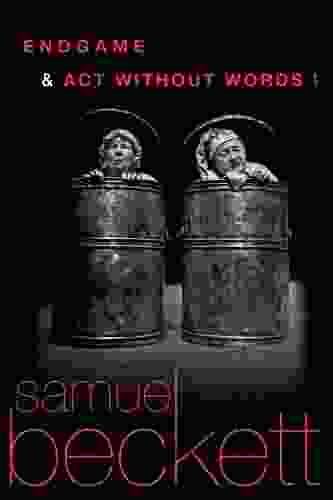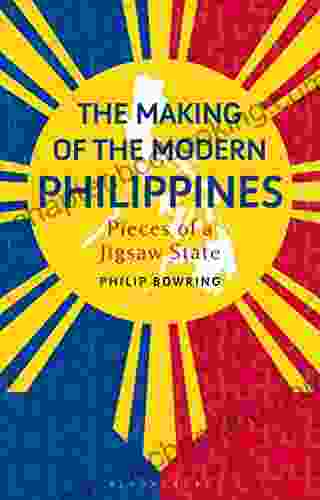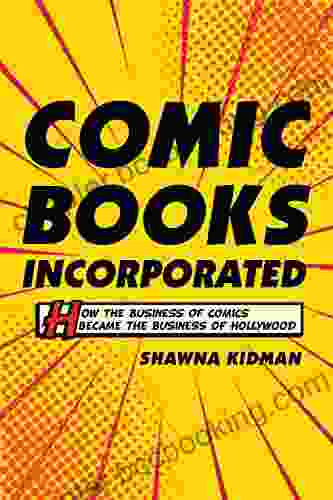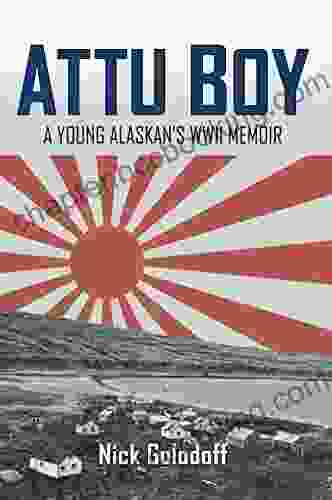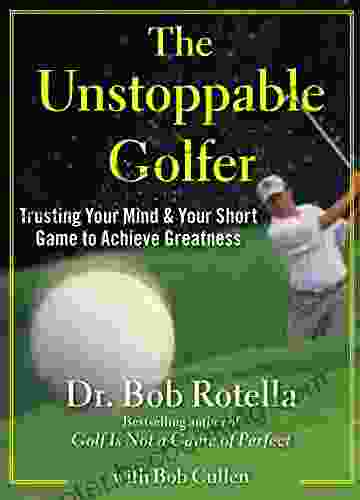Unveiling the Intricacies of Beckett's Endgame and Act Without Words: A Literary Odyssey

4.3 out of 5
| Language | : | English |
| File size | : | 317 KB |
| Text-to-Speech | : | Enabled |
| Screen Reader | : | Supported |
| Enhanced typesetting | : | Enabled |
| Print length | : | 100 pages |
In the realm of experimental theatre, few names resonate as powerfully as Samuel Beckett. His groundbreaking works, Endgame and Act Without Words, stand as towering testaments to his genius, challenging conventional notions of drama and exploring the profound depths of human existence.
Endgame: A Play of Isolation and Endings
Endgame, written in 1957, unfolds within a desolate and claustrophobic room where four characters find themselves trapped in a perpetual state of endgame. Hamm, a blind and paralyzed patriarch, presides over his dysfunctional family, consisting of his father, Nagg, who resides in a dustbin, and his servant, Clov, who tirelessly attends to their every whim.
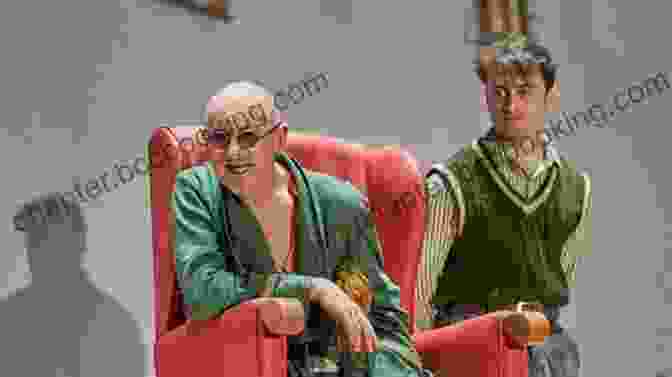
As the play progresses, Beckett's minimalist dialogue exposes the futility and absurdity of their existence. The characters engage in a relentless cycle of verbal sparring, revealing their fractured relationships and desperate attempts to find meaning in their meaningless lives.
Endgame is a masterpiece of existential theatre, delving into the themes of mortality, isolation, and the search for purpose in a chaotic world. Beckett masterfully employs symbolism and allegory to create a haunting and thought-provoking exploration of the human condition.
Act Without Words: A Dance of Silences
Alongside Endgame, Act Without Words, written in 1956, offers a compelling counterpart. A non-verbal play, it presents two acts of pure physicality and gesture. In the first act, two figures, designated as A and B, engage in a comical and absurd chase across the stage.
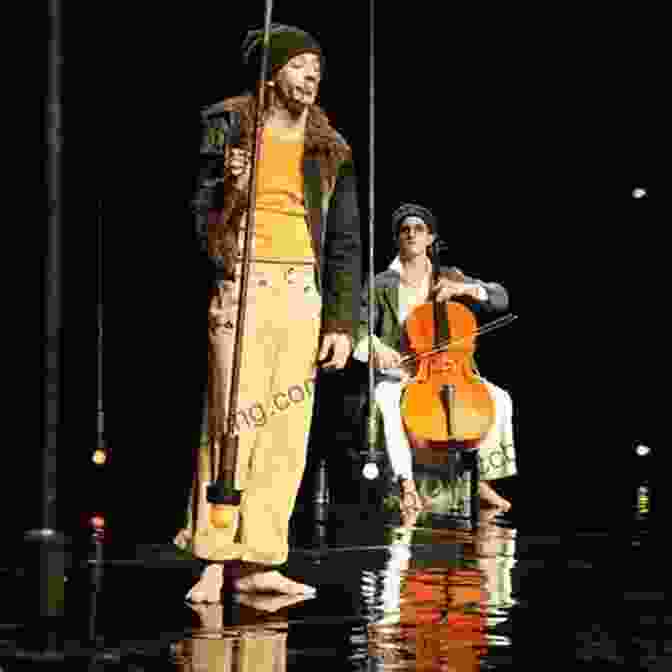
The second act introduces a third figure, C, who enters the stage carrying a bundle of belongings. The three characters interact through a series of intricate and increasingly chaotic movements, evoking a sense of estrangement and isolation.
Act Without Words is a powerful meditation on the futility of human action and the limitations of language. Beckett challenges the very essence of theatre, questioning its ability to convey meaningful experiences in a world where words often fail us.
Exploring Beckett's Absurdist Vision
Both Endgame and Act Without Words epitomize Beckett's absurdist philosophy. Absurdism, as defined by Beckett, is the fundamental conflict between humanity's innate desire for meaning and the inherent meaninglessness of the universe.
In Endgame, the characters struggle to find significance in their empty lives, constantly grappling with the futility of their actions and the inevitability of death. Act Without Words, on the other hand, presents a more overtly physical manifestation of absurdity, highlighting the futility of communication and the disconnect between words and deeds.
Through these works, Beckett questions the very foundations of human existence, challenging us to confront the absurdity of our own aspirations and the fragility of our attempts to find meaning in a meaningless world.
: A Literary Legacy of Profoundity
Samuel Beckett's Endgame and Act Without Words are enduring masterpieces that continue to provoke, challenge, and inspire generations of readers and theatre-goers. Through their exploration of existential themes, absurdist philosophy, and the power of minimalism, these works offer a profound and unforgettable literary experience.
For anyone seeking a deeper understanding of the human condition and the complexities of modern theatre, a journey into the world of Beckett's Endgame and Act Without Words is an essential pilgrimage. These plays are not merely works of art but portals into the very nature of our existence, inviting us to confront the absurdity of life and the indomitable spirit that resides within us.
4.3 out of 5
| Language | : | English |
| File size | : | 317 KB |
| Text-to-Speech | : | Enabled |
| Screen Reader | : | Supported |
| Enhanced typesetting | : | Enabled |
| Print length | : | 100 pages |
Do you want to contribute by writing guest posts on this blog?
Please contact us and send us a resume of previous articles that you have written.
 Book
Book Novel
Novel Page
Page Chapter
Chapter Text
Text Story
Story Genre
Genre Reader
Reader Library
Library Paperback
Paperback E-book
E-book Magazine
Magazine Newspaper
Newspaper Paragraph
Paragraph Sentence
Sentence Bookmark
Bookmark Shelf
Shelf Glossary
Glossary Bibliography
Bibliography Foreword
Foreword Preface
Preface Synopsis
Synopsis Annotation
Annotation Footnote
Footnote Manuscript
Manuscript Scroll
Scroll Codex
Codex Tome
Tome Bestseller
Bestseller Classics
Classics Library card
Library card Narrative
Narrative Biography
Biography Autobiography
Autobiography Memoir
Memoir Reference
Reference Encyclopedia
Encyclopedia Natalie Fowler
Natalie Fowler Michael Ferber
Michael Ferber Pui Che
Pui Che Miro Kazakoff
Miro Kazakoff Vicki Howard
Vicki Howard Michelle Travis
Michelle Travis Sam Duncan
Sam Duncan Suzanne Dibble
Suzanne Dibble Mike Fischer
Mike Fischer Nick Cook
Nick Cook Tia Amdurer
Tia Amdurer Michelle Lawson
Michelle Lawson Naomi Kokoricha
Naomi Kokoricha Hal Peterson
Hal Peterson Mohsin Hayat
Mohsin Hayat Scott M Madden
Scott M Madden Tony Davila
Tony Davila Renee Settle
Renee Settle Ross Gay
Ross Gay Ron Kaspriske
Ron Kaspriske
Light bulbAdvertise smarter! Our strategic ad space ensures maximum exposure. Reserve your spot today!
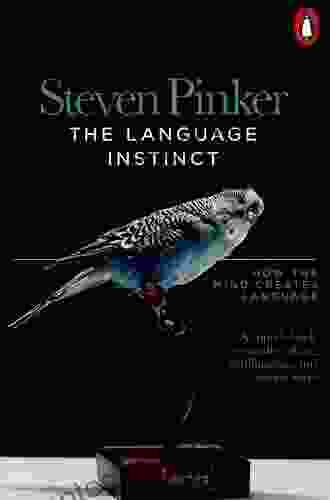
 E.E. CummingsHow the Mind Creates Language: Unveiling the Neural Mechanisms of Linguistic...
E.E. CummingsHow the Mind Creates Language: Unveiling the Neural Mechanisms of Linguistic... Haruki MurakamiFollow ·17.5k
Haruki MurakamiFollow ·17.5k Edward ReedFollow ·12.2k
Edward ReedFollow ·12.2k Gene PowellFollow ·19.6k
Gene PowellFollow ·19.6k Darrell PowellFollow ·13.4k
Darrell PowellFollow ·13.4k Tom ClancyFollow ·7.1k
Tom ClancyFollow ·7.1k Rudyard KiplingFollow ·12.8k
Rudyard KiplingFollow ·12.8k Ernesto SabatoFollow ·6k
Ernesto SabatoFollow ·6k Vladimir NabokovFollow ·6.1k
Vladimir NabokovFollow ·6.1k
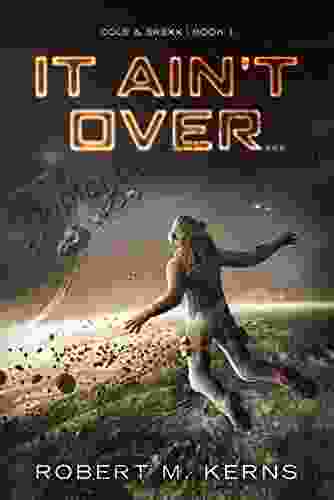
 Trevor Bell
Trevor BellUncover the Thrilling Mystery in "It Ain't Over, Cole...
Prepare yourself...

 Garrett Bell
Garrett BellHow to Stay True to Yourself and Stand Out From the Crowd
In a world that...
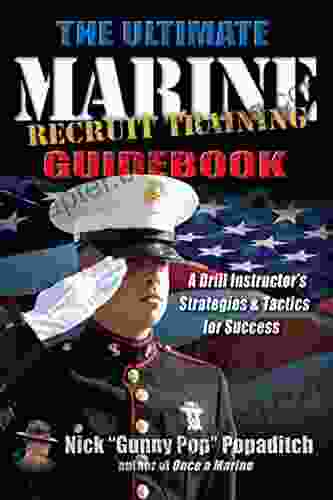
 Dennis Hayes
Dennis HayesDrill Instructor Strategies And Tactics For Success
Unleash Your Inner Warrior and Conquer...

 Guy Powell
Guy Powell101 Awesome Women Who Changed Our World: A Celebration of...
Throughout history,...
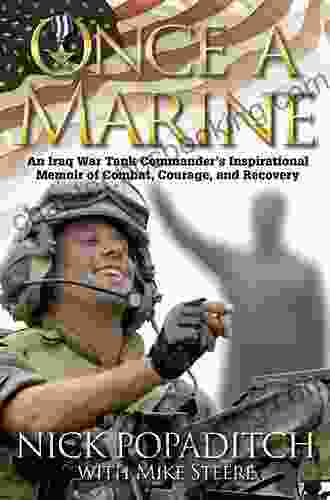
 Ashton Reed
Ashton ReedAn Iraq War Tank Commander's Inspirational Memoir of...
When he was just 19 years old, John Q....
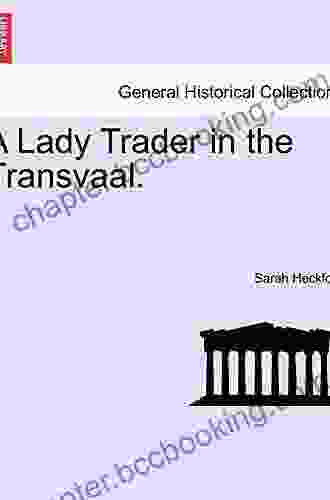
 Dean Cox
Dean CoxLady Trader in the Transvaal: A Literary Safari through a...
Prologue: A Journey into the...
4.3 out of 5
| Language | : | English |
| File size | : | 317 KB |
| Text-to-Speech | : | Enabled |
| Screen Reader | : | Supported |
| Enhanced typesetting | : | Enabled |
| Print length | : | 100 pages |


